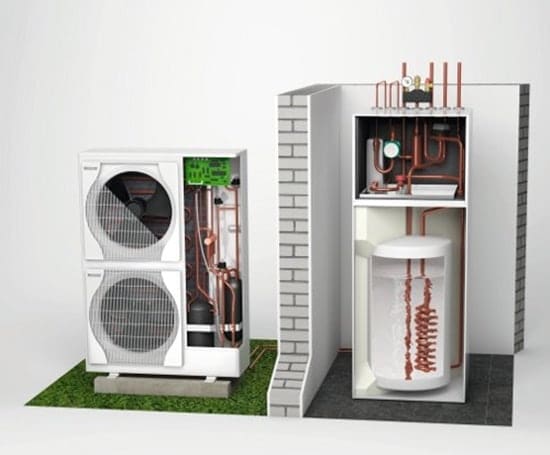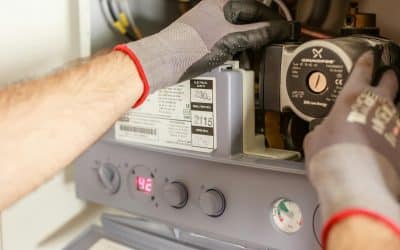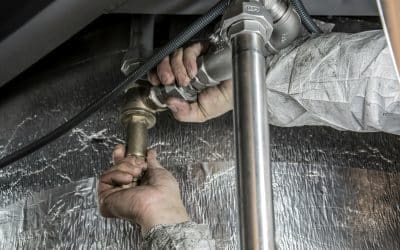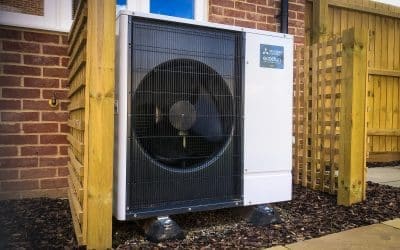Whether domestic or commercial, air source heat pumps are an alternative way to heat your home. It enables you to produce and generate your renewable energy and heat, to potentially save money on your energy bills.
However, the temperatures they deliver are at a lower rate than that of gas and oil boilers, so for better results, you’ll have to run them for a longer time.
The experts at JL Phillips have many more such insights, and to put them to good use, we’ve curated this guide today.
So without further ado, let’s understand all about air source heat pumps.
How Does it Work?
In simple terms, an air source heat pump takes heat from the outside air and increases its temperature by using an efficient compressor. That done, it then transfers the heat to the heating system in your commercial or domestic setting.
If you’re still having trouble understanding how it works – a good instance is imagining how a refrigerator works, but the other way round.
Here’s a step-by-step function of the heat pumps.
- The system absorbs heat from the outside air into a liquid refrigerant at low temperatures.
- Then with the use of electricity, the heat pump compresses the liquid to increase its temperature. Once done, it is then condensed back into the liquid state to release its produced heat.
- This heat is then transferred to your radiator underfloor heating. It can collect and store in a hot water cylinder that can be used for showers, baths, and taps.
Types of Air Source Heat Pumps
There are mainly two types; air-to-water and air-to-air. They have different ways of working and are compatible with different heating systems.
-
Air-to-Water Heat Pumps
Air-to-water heat pumps absorb heat from the outside and feed it to your wet heating system.
Suitable with large-sized radiators or water underfloor heating, air to water heat pumps produce less temperature heat than other conventional gas or oil boilers.
The extra space and large surface area help them to be more efficient when releasing the heat.
-
Air-to-Air Heat Pumps
Air to air heat pumps take heat from the outside air and feed it to the property through fans. The important part is to have a warm air circulation system to support the movement of heat around your home.
In the summer, an air to air heat pump can work in reserve – meaning you can use it as an air conditioner unit to keep your property cool.
However, these systems do not produce hot water, which limits them when it comes to functionality.
Installation of the System
Air source heat pumps are generally installed on the outside or back of your property. This is because they require plenty of space to absorb the air around them.
Now for the inside, you’ll have a unit that has pumps for hot water, usually smaller than the size of a regular boiler.
They do not require any digging in the garden, like ground pumps, air source heat pumps are relatively less disruptive to install.
It is important to note that before installing this system, your property should be well insulated to retain the heat. A failure in this area can increase your energy bills unnecessarily while restricting the system from functioning at its fullest.
The experts at JL Phillips are ready with a manual to inform you all about the controls and help you with insights to use it efficiently, so book your appointment with us today!
Get in Touch With JL Phillips for Expert Heating Solutions
JL Phillips has extraordinary expertise and experience in renewable energy, and being in the industry this long has made us knowledgeable about everything there is to know about this market.
We understand the A-Z of the problems that come with servicing and maintenance, so you should rest assured that we are here to help!
Give us a call to make us understand your needs; we can together come to decisions that can benefit you in the long term.
For more information, visit our website today!





